|
I never thought I'd write a novel. Long ago I got an MFA in poetry, and soon after branched out to write creative nonfiction as well. Art crafted around moments as real and solid as stone. Plot intimidated me. Then about four years ago, I started writing a picture book. But no, it wouldn't stop. It had more to do, to say. What was this thing? I did some research and discovered the world of middle grade fiction, the novels with main characters around 12 years of age that are more complex in language and plot than early chapter books, but more about belonging and less about sexuality than young adult novels. Strangely enough, the plot of my adventure fantasy came pretty easy in general. But there are many levels to plot, and pacing and tension are perhaps the most important in kidlit because of the audience's attention span. Lucky for me I enjoy revising. 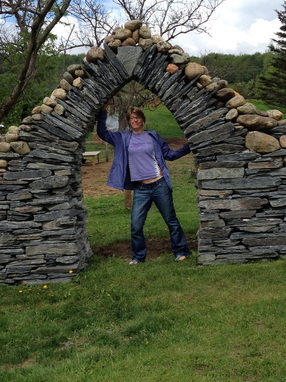 Me with one of Thea Alvin's arches. Me with one of Thea Alvin's arches. Last month I took a roadtrip to Vermont to spend time with a writer friend, and we visited Rock Scissors Paper gallery and workshop. Thea Alvin's mortar-less stone arches spoke to me. Actually, they shouted. I live in a world of metaphors, and here I was surrounded by the narrative arc in all its variety, improbability, and beauty. Thea Alvin builds wooden frames for her projects and places the rocks, gaging the pressure they exert on each other, using gravity to her advantage to lock the parts together. When she's done, she gives the structure a shake. If it's solid, she takes down the wooden frame. If not, she revises. There is no use trying to prop up a stone arch or a narrative arc. They must stand on their own. For my purposes, the rocks are inciting incident, rising action, turning point, falling action, rock bottom, climax, and denouement. The readers provide the gravity. It's up to me to get the tension right so nothing comes crashing down.
2 Comments
Last Saturday, a friend and I took our kids to Elmira, NY for an event that combines almost everything I am passionate about: fun, dirt, literacy, and interdisciplinary education. Tedd Arnold, a prolific children's author & illustrator (of Fly Guy and Parts fame), was reading from his recent book, Dirty Gert, at the ribbon cutting ceremony for the new children's sensory trail. Tedd's a great reader, and defines the bigger words so all his audience can follow. To explain what "civilized" meant, he had everyone pretend to hold a tea cup with their pinkies out. (Spoiler alert: Dirty Gert doesn't get civilized, and her parents love her anyway. Yay for happy endings!) All along the short kid-friendly trail, kids follow the pages of the book posted as markers, and there are stations for all the senses and to learn about the plants and animals. I think it's wonderful how the Nature Center thought to link the trail with a story that shows the importance of soil and mocks our civilized repulsion of anything dirty. And by having Gert as the main character, he shows that girls don't need to be more civilized than boys, and gives an alternative to the princess role model. There is also a soil box (not a sand box) at the trail's end, and even a little library on the path. In our educational system, reading, science, and physical education are taught as if they are inherently separate, when really they're about as separate as a mermaid's legs. I'm aware of the challenges of interdisciplinary education at all levels (though I primarily teach teens and adults). It takes more time, more resources (for field trips and speakers), and is harder to test. But it's also easier to teach this way because students are more motivated and interested.
Don't like science? We're going to hear a story. Don't like reading? We're going to hike or to play in dirt. This is also the route toward ecological literacy, our most pressing educational issue. David Orr, who coined the term, says, "the ecological crisis is in every way a crisis of education.... All education is environmental education… by what is included or excluded we teach the young that they are part of or apart from the natural world.” Each of us does not need to know everything. But we need to know that everything is connected and interdependent. And we need to teach this to our children.
|
LilaceI write, read, recreate, and raise kids in rural Pennsylvania. I teach part-time in Outdoor Recreation Leadership, Creative Writing, and Women's Studies at Mansfield University. Archives
April 2020
Categories
All
|
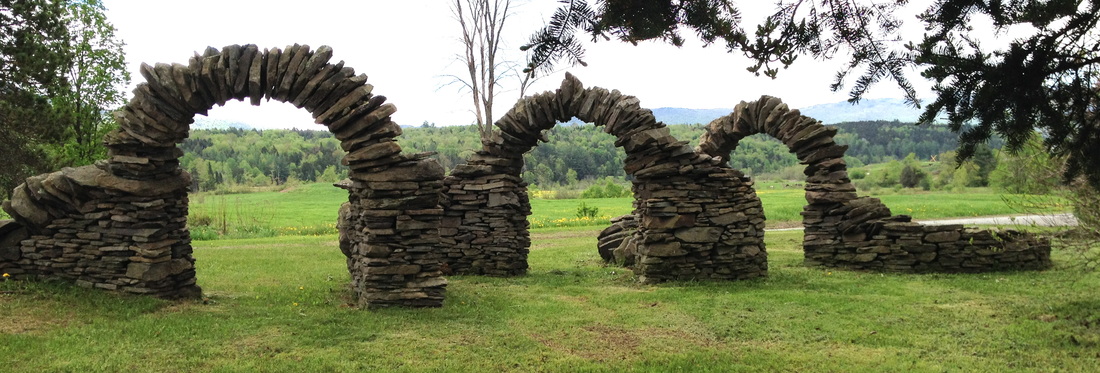
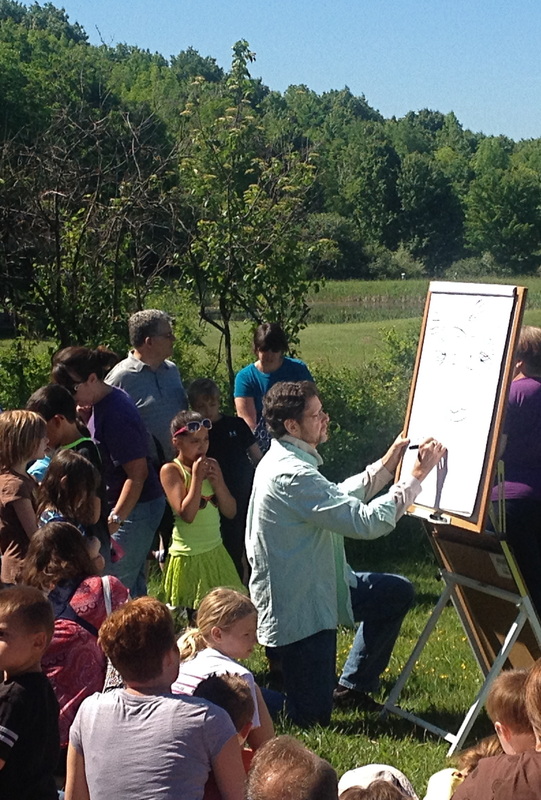
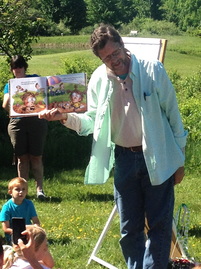
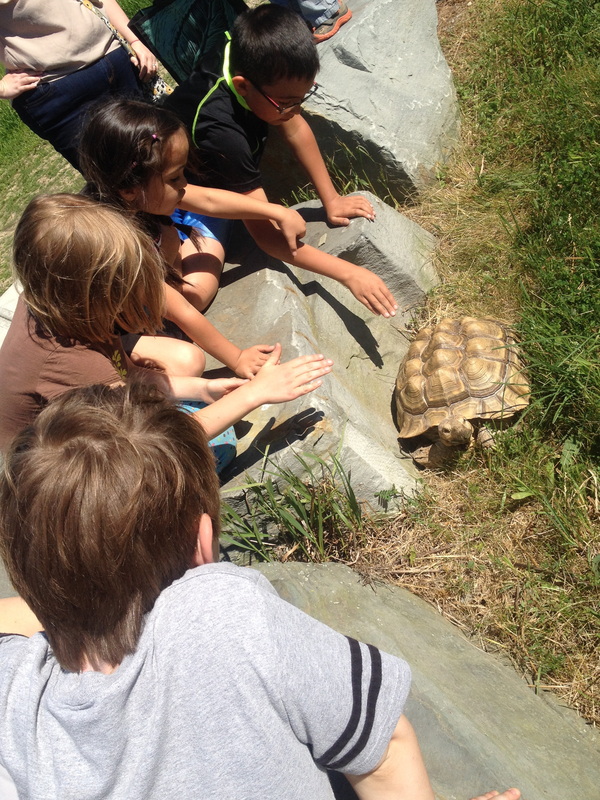
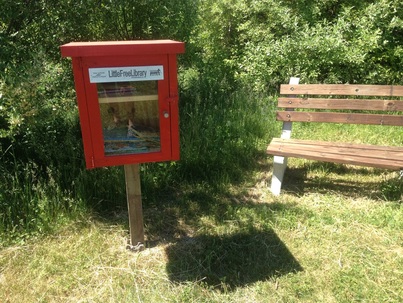
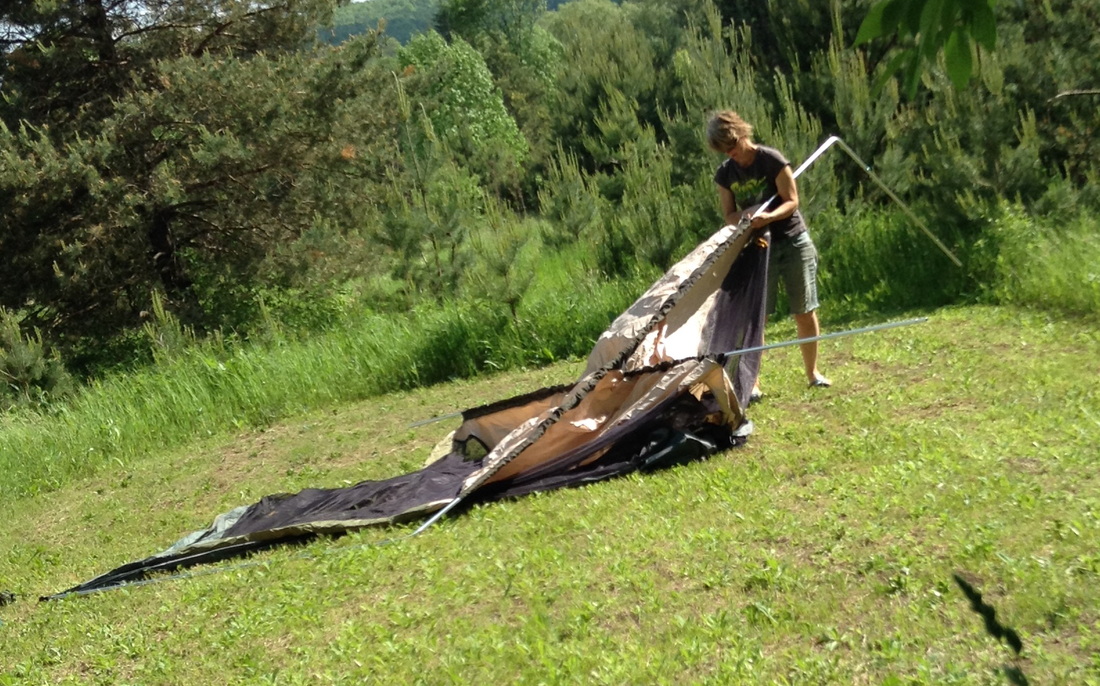
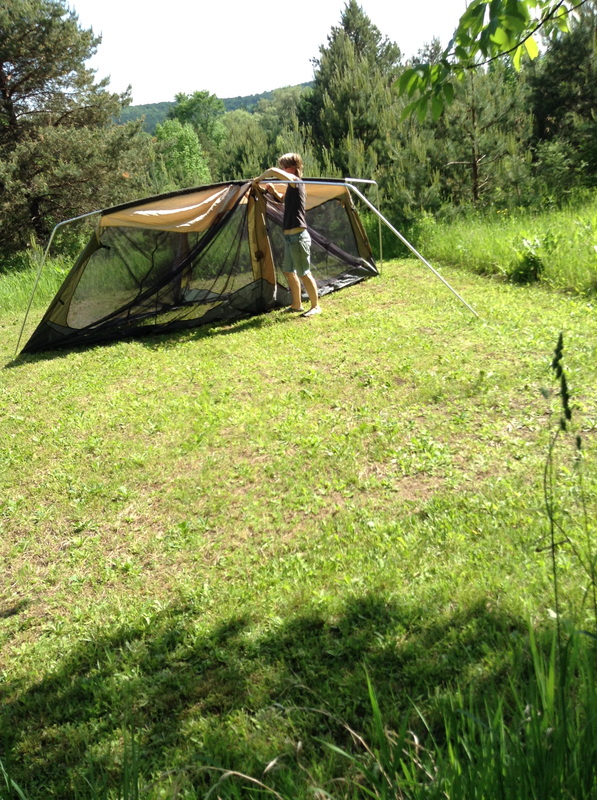
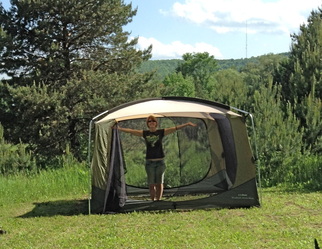
 RSS Feed
RSS Feed
